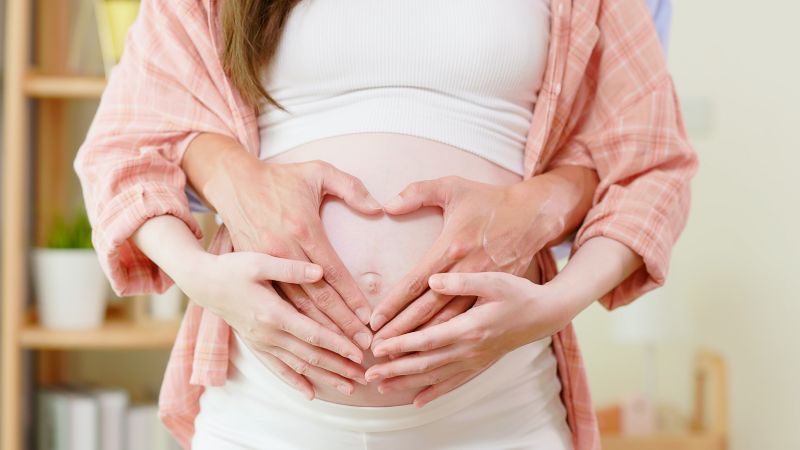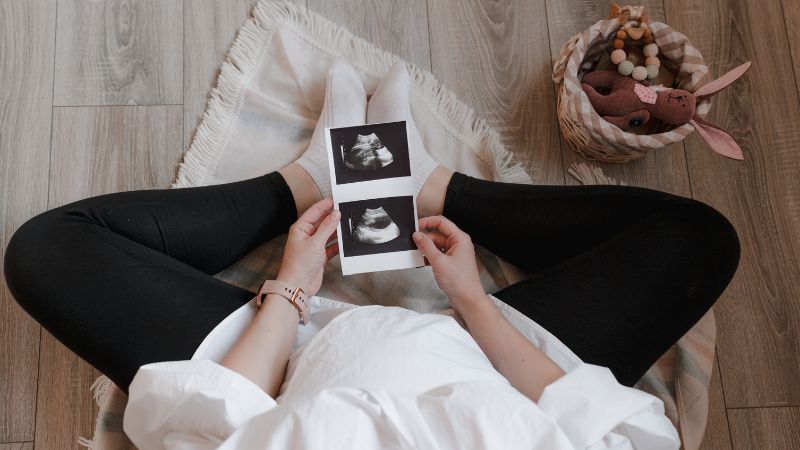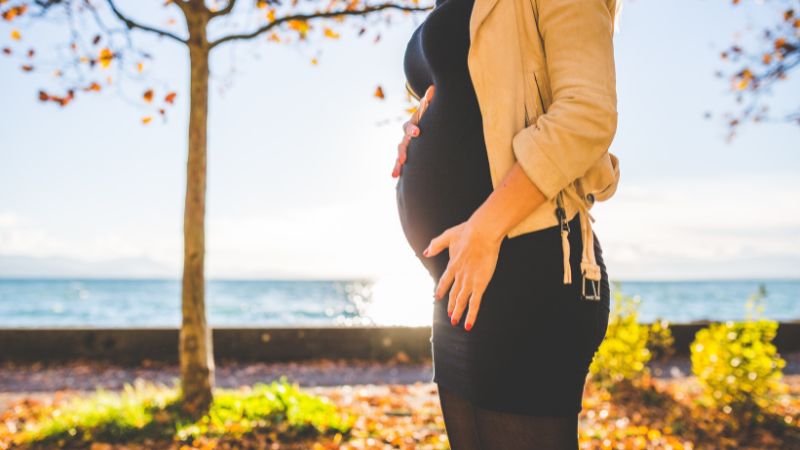It is undeniable that modern life has pushed back the age at which people start families. This article explores the best age to have children and when it might be too late to conceive.
1 What is the Cut-Off Age for Having Children?
 At what age is it too late to have children?
At what age is it too late to have children?
Women are born with a finite number of eggs, and this reserve gradually diminishes as they age, with a corresponding decline in egg quality beyond a certain point. This can lead to an increased risk of chromosomal abnormalities and aneuploidy. In men, advancing age also impacts sperm quality and quantity, reducing fertility and increasing the likelihood of chromosomal abnormalities.
Experts advise against postponing childbirth beyond the age of 30, as the risk of congenital disabilities and miscarriage rises significantly from age 32 onwards. A woman’s chances of conceiving decrease markedly with age:
- By age 35, a woman has lost about one-fifth of her egg reserve, meaning that five-sixths of her remaining eggs may be abnormal if conception issues arise.
- At 40, a woman’s normal egg reserve has dwindled to about one-ninth, making the likelihood of a healthy pregnancy very low.
- By age 50, only one-fifteenth of a woman’s eggs are genetically normal, and the prospect of a healthy pregnancy is virtually non-existent.
2 What is the Best Age to Have a Baby for Both Mother and Child?
 What is the best age to have a baby for both mother and child?
What is the best age to have a baby for both mother and child?
According to experts, the ideal age range for giving birth to a healthy child is between 20 and 30, with each stage offering unique advantages:
Ages 20–24
Childbearing during this period is physically ideal. However, financial constraints or a lack of emotional maturity may hinder one’s ability to fulfill the responsibilities of motherhood.
Ages 25–28
For women in their late twenties who maintain a healthy lifestyle, including a balanced diet and regular exercise, this period is ideal for conceiving a healthy baby. At this age, women typically have the physical stamina to endure pregnancy-related discomforts and the emotional maturity to embrace motherhood.
Ages 28–30
While fertility may be slightly lower than in the previous two age groups, this stage still offers a safe window for childbirth. By this time, women often have financial stability and the necessary maturity to become mothers.
3 Complications of Childbirth at an Advanced Age
 Complications of childbirth at an advanced age
Complications of childbirth at an advanced age
Pregnancy at an advanced age can lead to several serious complications for the mother:
- Fetal Abnormalities: After age 30, due to the reduced number of eggs, pregnant women may experience dangerous complications during conception, and the risk of miscarriage is significantly higher.
- Gestational Diabetes: Diabetes during pregnancy can impact the baby’s development, putting the child at risk for serious health issues.
- High Blood Pressure: Pregnancy-induced hypertension can lead to preeclampsia, premature birth, and impaired fetal growth.
- Cesarean Delivery: While natural childbirth is always preferable, a C-section can expose the mother to various risks, including postpartum hemorrhage and uterine atony.
This article has provided insights into the ideal age for childbirth and the point at which it becomes too late to conceive. We hope it has enhanced your understanding of pregnancy and its intricacies.
Source: Medlatec.vn






























